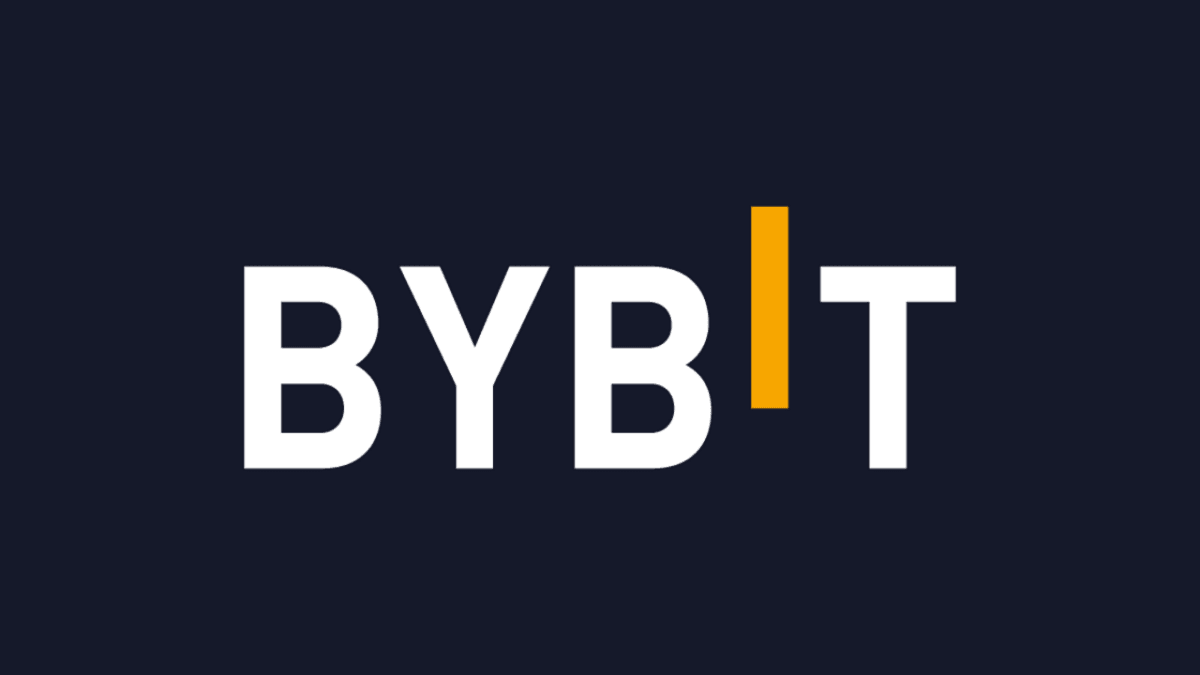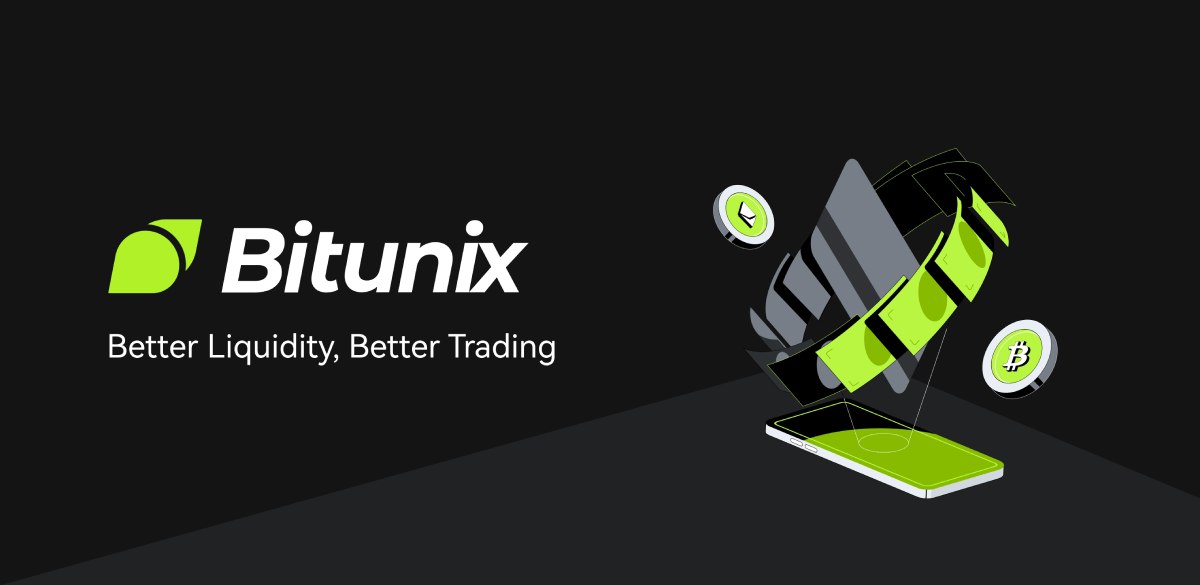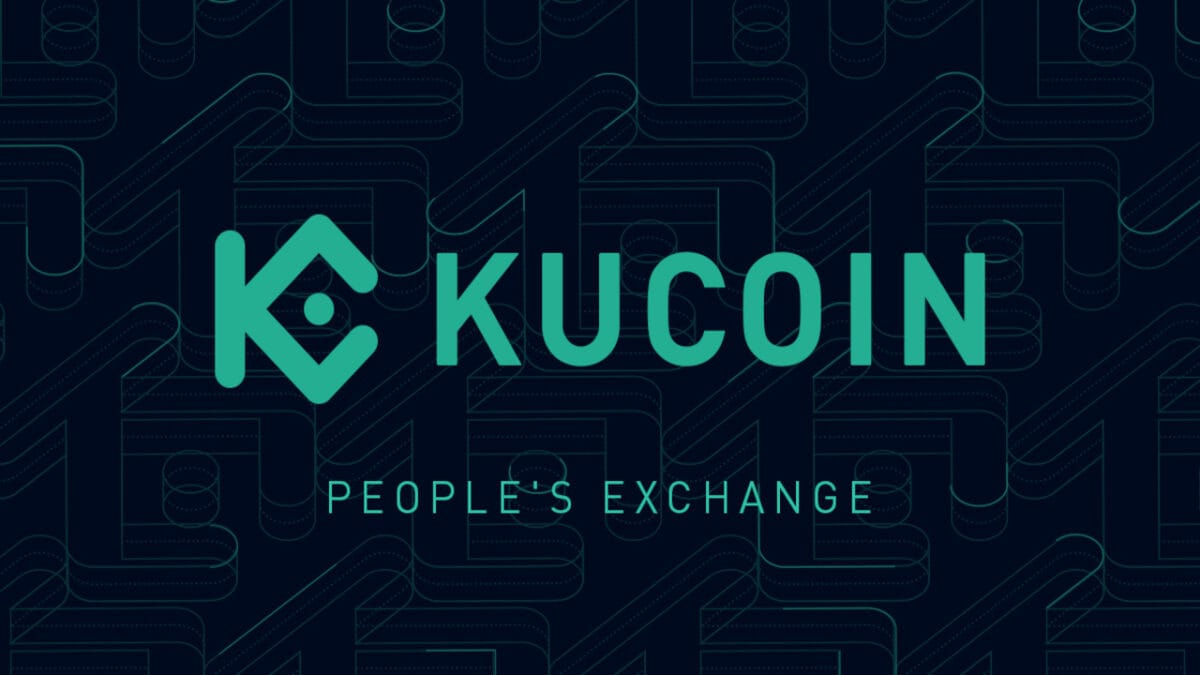Crypto Exchanges.
The best place to discover crypto exchanges and
get rewards.
 Limited Time Offer: Claim Up to $4,600 Now!
Get started
Limited Time Offer: Claim Up to $4,600 Now!
Get started
The best place to discover crypto exchanges and
get rewards.












A well-chosen exchange can significantly enhance a user’s trading experience and profitability.
Centralized exchanges, such as Binance, Coinbase, and Kraken, are managed by a company or organization that oversees transactions, maintains security, and provides customer support. These platforms are favored for their high liquidity, meaning trades happen instantly at the best available prices. They typically offer an array of trading options, including margin trading, futures, and staking. Users can expect a streamlined trading experience with additional benefits such as educational resources, competitive fees, and access to a wide range of tokens. For security, most CEXs implement two-factor authentication (2FA), encryption, and cold storage for funds, though the exchange itself acts as a custodian.
Decentralized exchanges, like Uniswap and SushiSwap, are peer-to-peer platforms that operate without a central authority, relying instead on smart contracts to facilitate trades. Users retain control of their private keys, making DEXs an appealing choice for those who prioritize privacy and control over their assets. While DEXs may have less liquidity than CEXs, they enable users to trade directly from their wallets, reducing risks associated with platform custodianship. However, DEXs tend to offer fewer advanced features, and users are responsible for managing their own funds and security measures.
Crypto exchanges earn primarily through trading fees and additional services. Fees are often based on trading volume, meaning the more you trade, the lower your fees can become. Some exchanges also offer premium memberships that unlock reduced fees, exclusive trading pairs, or access to more sophisticated trading tools. Additionally, exchanges generate revenue through listing fees charged to projects that want their tokens available on the platform. Other income sources include lending services, staking rewards, and margin trading fees.
Before choosing an exchange, research its security history and reputation within the industry. Reliable exchanges are transparent about their security measures, frequently audited, and maintain robust customer support. It’s crucial to confirm that the exchange complies with regulations in your jurisdiction, as regulatory adherence can protect against fraud and ensure the exchange meets security standards. In addition, users should evaluate options for withdrawing assets to a personal wallet, especially for long-term holdings, to reduce exposure to platform-specific risks.
The crypto market is constantly evolving, with a wide range of tokens traded across exchanges daily. From major coins like Bitcoin and Ethereum to utility and governance tokens like Chainlink and Polkadot, each has unique use cases, popularity, and trading volume. Here’s a look at some of the most sought-after tokens on exchanges today and why they hold high trading positions.
Each token in this list has unique value propositions that cater to different parts of the crypto market. Bitcoin and Ethereum lead due to their foundational roles and extensive ecosystems. Stablecoins like Tether provide liquidity and stability, critical in volatile markets. Altcoins like Cardano, Solana, and Polkadot offer advanced blockchain features that appeal to developers and investors seeking scalability and innovation. Community-driven tokens like Dogecoin have sustained interest and trade volume due to their loyal user base and viral appeal.
When choosing an exchange, consider factors like liquidity, security, and fee structures. Major exchanges like Binance, Coinbase, and Kraken list a broad range of these popular tokens and offer essential tools like staking, futures trading, and educational resources. For those focusing on decentralized options, Uniswap and SushiSwap are excellent choices for Ethereum-based tokens, providing access to new and emerging tokens.
A cryptocurrency exchange is an online platform where users can buy, sell, or trade digital currencies like Bitcoin, Ethereum, and other altcoins. Some exchanges offer additional features, such as staking, lending, and margin trading, allowing users to maximize their crypto investments. Choosing a secure and reputable exchange is crucial, as it serves as the primary means of accessing the crypto market.
When selecting a crypto exchange, consider several factors: security, fees, user experience, available trading pairs, and customer support. Look for exchanges with a good reputation, robust security protocols like two-factor authentication (2FA), and insurance against cyber breaches. Low fees and a wide range of supported cryptocurrencies also make an exchange more versatile for both beginners and seasoned traders.
Crypto exchanges come in three main types:
Each type has its pros and cons, so choose based on your preference for privacy, control, and trading options.
Yes, many crypto exchanges implement advanced security measures like 2FA, cold storage, and encryption to protect user funds and information. However, security can vary, so it’s essential to select a reputable exchange with strong safety protocols. Additionally, consider using exchanges that offer insurance in case of hacks and store the majority of their assets offline.
Fees on crypto exchanges typically include trading fees, deposit fees, and withdrawal fees. Trading fees are either a percentage of the transaction or a fixed amount, with some exchanges offering discounts for high-volume traders. Deposit fees depend on the payment method, with bank transfers often being cheaper than credit cards. Withdrawal fees vary by cryptocurrency, so check the fee structure of each exchange to find the best fit for your budget.
Most centralized exchanges require Know Your Customer (KYC) verification, which involves submitting identification documents to comply with regulatory requirements. KYC helps prevent fraud and ensures security. Some decentralized exchanges and non-custodial platforms, however, allow users to trade anonymously without verification, though they may have fewer features or lower liquidity.
Yes, many crypto exchanges offer opportunities to earn passive income through features like staking, lending, and yield farming. Staking allows users to earn rewards by locking up their assets to support network security, while lending lets users earn interest on assets by lending them to other traders. Check each exchange’s passive income options if this is a priority for you.
Withdrawal times depend on the blockchain network’s congestion and the exchange’s processing speed. Bitcoin transactions can take 10-60 minutes, while Ethereum withdrawals may take 5-15 minutes. Many exchanges prioritize faster processing for high-volume accounts, but blockchain network fees can also impact the timing. Always double-check withdrawal estimates provided by the exchange.
While some exchanges occasionally offer fee-free trading for specific pairs or during promotional events, most transactions incur fees to maintain the platform and secure the network. However, exchanges like Binance and FTX offer reduced fees when using their native tokens, while DEXs like Uniswap have no traditional trading fees but may have high network gas fees on Ethereum.
One place for all airdrops and crypto related news and guides
